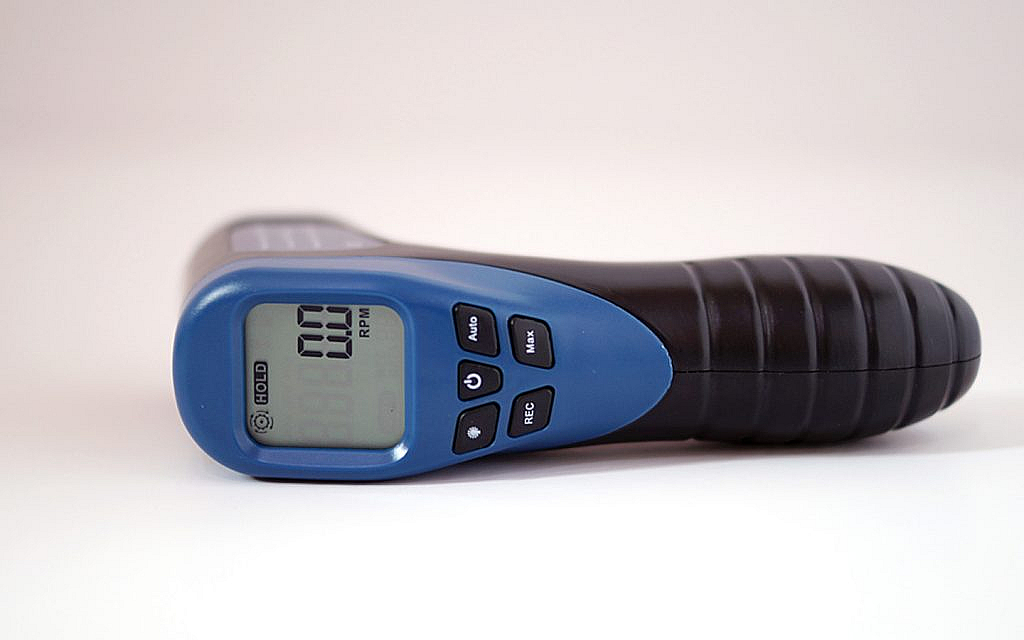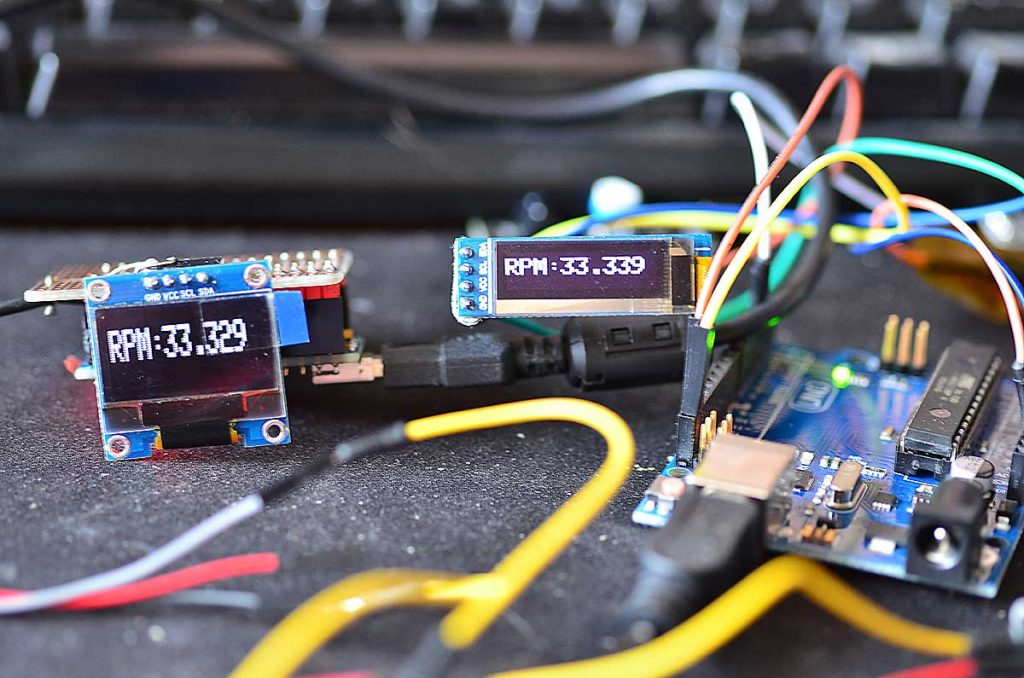
Why is Tachometer Important for Performance and Safety?
Share
Why is tachometer important? This question resonates deeply within the realms of automotive technology, aviation, and mechanical engineering. Tachometers serve as vital instruments that provide critical information regarding engine performance and operational efficiency. For tech professionals and enthusiasts, understanding the role of a tachometer is essential for diagnosing issues, optimizing performance, and ensuring safety.
In this article, we will explore the significance of the tachometer, how it works, its various types, applications, and the implications it has on vehicle performance and safety.

Understanding the Basics of Tachometers
A tachometer is an instrument utilized to measure the rotational speed of an object, typically expressed in revolutions per minute (RPM). This measurement is crucial as it allows both the driver and the mechanics to monitor the engines performance. But why is tachometer important? The answer lies in the array of functionalities it offers.
Modern tachometers can be found in various applications including vehicles, aircraft, and industrial machinery. They provide real-time data that can highlight potential problems long before they become serious issues. For example, an excessively high RPM reading can indicate that an engine is being pushed beyond its limits, which can cause catastrophic failures.
The Mechanism Behind a Tachometer
One of the primary reasons tech professionals are keen on understanding tachometers is their mechanism. The way a tachometer works varies based on its design be it mechanical, digital, or analog. Most modern tachometers utilize electronic sensors and microcontrollers to offer accurate readings.
For a detailed understanding of how a tachometer functions, you can check out this resource on what a tachometer is and its working principles. Knowing this not only helps in using the tachometer effectively but also aids in troubleshooting when issues arise.
Tachometers in Automotive Applications
The importance of tachometers in automotive settings cannot be overstated. They play a vital role in ensuring that engines operate efficiently, enhancing performance and safety. Understanding the dynamics of tachometers allows automotive enthusiasts to optimize their vehicles for better efficiency.
Consider a racing scenario where drivers rely on tachometers to gauge when to shift gears. Shifting at the precise moment can enhance acceleration, thereby improving overall lap times. This level of precision is why knowing why is tachometer important can give enthusiasts an edge.
Common Issues and Solutions Related to Tachometers
Despite their significance, tachometers are not exempt from issues. A common problem many encounter is a malfunctioning tachometer. If you notice inconsistencies in readings, several factors could be at play.
Refer to this article on what could cause your speedometer and tachometer to stop working to gain more insights into troubleshooting solutions. By fixing these issues in a timely manner, drivers can maintain engine efficiency, which aligns with one of the primary reasons tachometers are important: performance preservation.
Tachometers and Engine Performance Monitoring
Performance monitoring is a crucial component in any mechanical system, and tachometers facilitate this by providing consistent feedback. Tech professionals often emphasize the need for meticulous monitoring to avert potential failures.
For those involved in vintage automobiles, testing vintage tachometers becomes essential in ensuring the engine performs as intended. You cant optimize something unless you understand its baseline performance, which tachometers help clarify.
Aviation and the Significance of Dual Tachometer Systems
In aviation, the importance of tachometers reaches new heightsliterally. Aircraft utilize tachometers not only for the engines but also for the rotor systems in helicopters. A minimum of two synchronous tachometer systems are required for optimal safety and performance.
For more information on this topic, explore this link on why helicopters require multiple tachometer systems. Understanding this can deeply influence efficient operational practices for pilots and ground crew alike.
Conclusion: The Critical Role of Tachometers
In conclusion, the question why is tachometer important is fundamental to grasping the broader picture of mechanical performance and safety. Tachometers are not just gauges; they are essential for understanding and optimizing engine performance. For tech professionals and enthusiasts alike, keeping abreast of tachometer technology and maintenance can lead to better performance outcomes and enhanced safety.
Whether youre monitoring engines across various industries or troubleshooting issues related to tachometers, understanding their importance equips you with the necessary knowledge to maximize performance and ensure safety.

Frequently Asked Questions
1. What is the primary function of a tachometer?
The primary function of a tachometer is to measure the rotational speed of an engine or mechanical component, usually in RPM.
2. How does a digital tachometer differ from an analog one?
A digital tachometer provides a numerical display of RPM, often allowing for more precise readings compared to an analog tachometer, which typically uses a dial and needle.
3. Why is it important to regularly check your tachometer?
Regularly checking your tachometer is important to ensure that the engine does not operate beyond safe limits, which can prevent serious engine damage.
